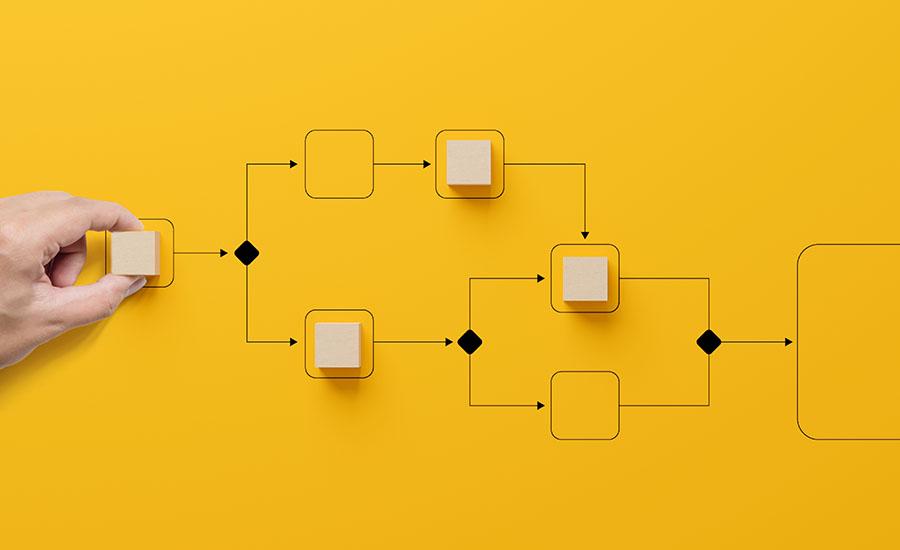Grades:
6th Grade, 7th Grade, 8th Grade
This is an 8-lesson unit that is designed to be used together to learn about the health and diversity of your local watershed by placing leaf packs into a water source (natural or man-made ponds
Grades:
6th Grade
This is the first lesson is a series of 2 for the egg drop challenge. Students will work in groups to design and test an egg drop capsule. Students will keep a budget and fill out a data and
Grades:
5th Grade
In this engaging and hands-on lesson, students will learn how crime scene investigators use science and engineering techniques and technology to solve crimes. Students will match substances based upon
Grades:
6th Grade, 7th Grade, 8th Grade
This is an 8-lesson unit that is designed to be used together to learn about the health and diversity of your local watershed by placing leaf packs into a water source (natural or man-made ponds
Grades:
6th Grade, 7th Grade, 8th Grade
This hands-on science lesson will help students get a more accurate view of the solar system by making a scale model with play dough, balloons, rulers, and tape!
Grades:
8th Grade, 9th Grade
Make quadratics come alive with stomp rockets! This is a 3-4 hour learning experience where students will build and launch paper rockets, then use the data to create quadratic equations.
Grades:
6th Grade
Students will be thinking like engineers as they design their marble roller coasters using the principles of kinetic and potential energy.
Grades:
6th Grade, 7th Grade, 8th Grade
In this engaging lesson, students will examine the surface of the Moon to consider hazardous conditions that NASA may find there. Then, they will investigate several hazards (dust, boulders, and
Grades:
Kindergarten, 1st Grade
Students build the tallest beanstalk they can with the provided materials. They then measure it and compare their beanstalk heights. This pairs perfectly with a read aloud of Jack and the Beanstalk!
Grades:
5th Grade, 6th Grade, 7th Grade, 8th Grade
In this engaging lesson students are introduced to the key computational concept of variables using Edison robots and the Scratch-based programming language EdScratch4. Variables, which can be created
Grades:
6th Grade, 7th Grade, 8th Grade
In this hands-on lesson, students use fruit snacks or candy to create models of the molecules used and produced in cellular respiration.
Grades:
6th Grade, 7th Grade, 8th Grade
This is an 8-lesson unit that is designed to be used together to learn about the health and diversity of your local watershed by placing leaf packs into a water source (natural or man-made ponds
Grades:
5th Grade, 6th Grade, 7th Grade, 8th Grade
In this hands-on lesson students review the Edison robot and coding in Edscratch. They will then work together to solve math problems and then code the Edison robot to match their solution to the math
Featured Lesson Plans
Check out these notable lesson plans.

Featured
Zippy the Elf's Zipline Zone
Grades:
6th Grade
In this creative engineering design lesson, students are challenged to use an inclined plane to create a safe and exciting zipline park for Zippy the Elf. This lesson reviews simple machines and has

Grades:
3rd Grade
This lesson is about exploring Arizona's state bird, the cactus wren, that lives in the desert, has special body parts and behaviors that help it survive in its harsh environment. Students will learn

Grades:
Kindergarten, 1st Grade
In this primary Kindergarten-1st grade STEM lesson, students will learn to define algorithm, bug, and debug in reference to programming. Through engagement with a virtual simulation, students will
